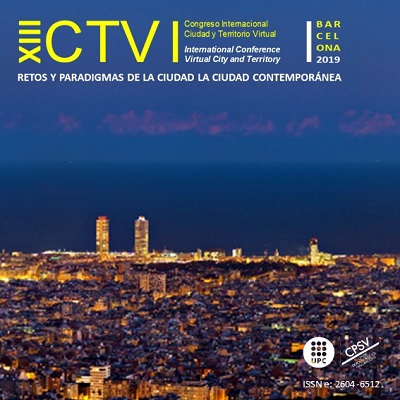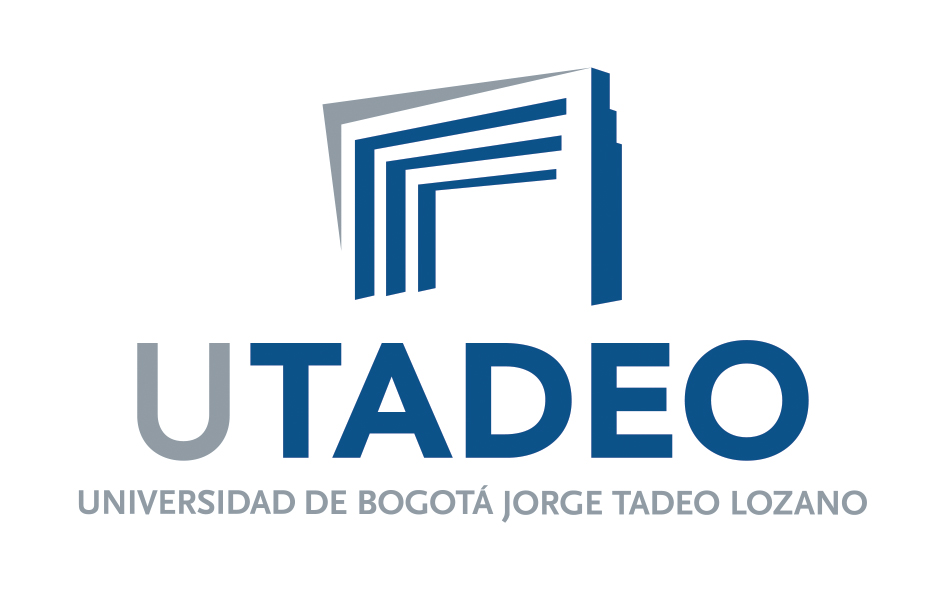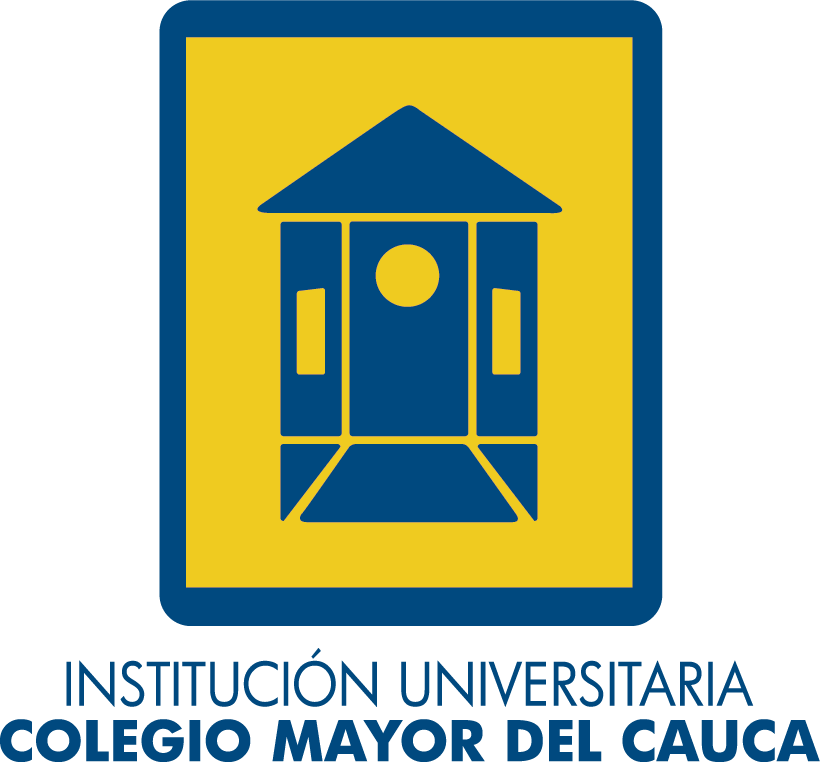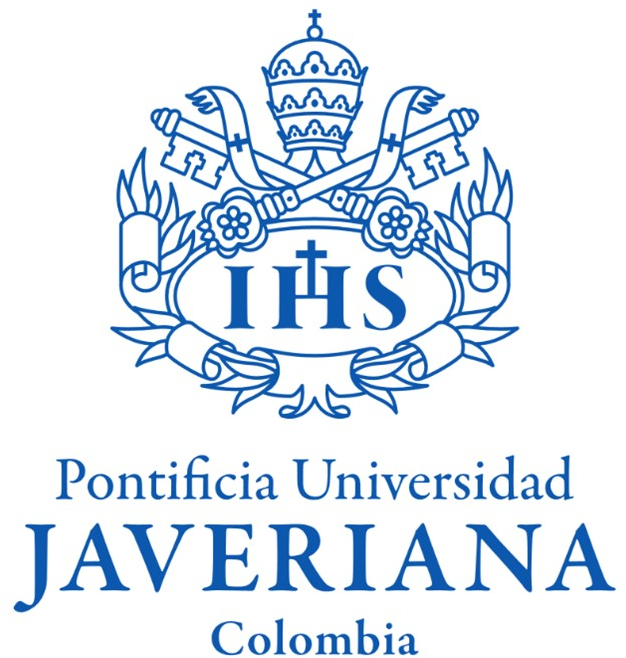Model per sustentar un creixement urbà resilient en un context de canvi climàtic
DOI:
https://doi.org/10.5821/ctv.8454Paraules clau:
resiliència, vulnerabilitat, Àrea metropolitana, canvi climàticResum
En un escenari d'urbanització creixent no planificat, amb una projecció d'augment d'esdeveniments climàtics extrems; Iquique - Alt Hospici és una conurbació fragmentada i vulnerable davant amenaces naturals, afectant la consolidació i creixement urbà futur d'aquesta Àrea Metropolitana. L'objectiu és fonamentar i millorar la planificació i adaptació per al desenvolupament urbà futur, a la recerca de la sostenibilitat urbana en un context de canvi climàtic. Davant d'això, cobra importància avaluar els nivells de vulnerabilitat i riscos, de les alternatives de creixement de sistema metropolità.
El propòsit és orientar les decisions de planificació, a partir de la construcció d'un model de sistema urbà, l'avaluació, permeti assenyalar potencials eixos d'actuació per a la seva ordenament futur. S'obté una plataforma sistèmica per formular diferents escenaris futurs, eina que orienta el procés de presa de decisió pública en matèria de planificació.
Per a això es quantifiquen les superfícies d'empremtes urbanes segons talls temporals i tipus de teixit urbà, definits per classes d'anàlisi d'usos de sòl, intensitat d'ocupació i nivell de consolidació; mitjançant fotointerpretació de aerofotogrametrías, mesurant el creixement històric en el període 1982- 2017. Sorgeix la necessitat d'avaluar les vulnerabilitats i riscos, desenvolupant un diagnòstic que permeti sustentar un clar coneixement de les amenaces i vulnerabilitats que afecta el sistema metropolità futur d'Iquique - Alto hospicio.
Es desenvolupa una metodologia per avaluar diferents escenaris; en el marc d'un procés de planificació urbana i enfortiment de la institucionalitat pública (Govern Metropolità). Això, en un context de creixement futur, en el qual s'incrementaran les amenaces per escenaris de canvi climàtic i per tant es plantejaran reptes per a l'administració regional amb les facultats que li atribueix la Llei 19.175 per reduir les vulnerabilitats, aconseguint d'aquesta manera ciutats resilients i amb més capacitat d'adaptació, sobre la base de la participació dels diferents actors públics i privats urbà regionals.
Considera instàncies de participació d'actors regionals claus amb vast coneixement del territori, per a la selecció i priorització d'amenaces, així com la validació dels resultats. A més, s'ha realitzat una modelització meteorològica utilitzant el model WRF per a l'any 2017 de meso-escala, i el model CALMET, per baixar la resolució a escala local incorporant la informació de les estacions meteorològiques de superfície disponibles d'Alt Hospici, i UNAP - Huaiquique.
Amb aquests antecedents, es quantifiquen les vulnerabilitats actuals i futures de sistema urbà des d'un enfocament multidimensional (humà, físic, funcional, econòmic), mitjançant anàlisis multicriteri i probabilístics de canvis climàtics per a variables de temperatura i vent. Els ponderadors s'obtenen a partir dels resultats d'un Taller de participació, corresponent a l'exercici de semaforització realitzat pels temes de les diferents dimensions de la vulnerabilitat per a cada amenaça. S'obté com a resultat, escenaris de desenvolupament urbà proposats per a un creixement intel·ligent que considera la reducció de vulnerabilitat per efectes de canvi climàtic, i amb això minimitzar els danys causats per les amenaces.
Es conclou en una avaluació de el model utilitzat, contribuint a el desenvolupament d'un sistema urbà més resilient, reduint la vulnerabilitat mitjançant millors condicions de el sistema, en el context de el desenvolupament de processos de planificació urbana.
























